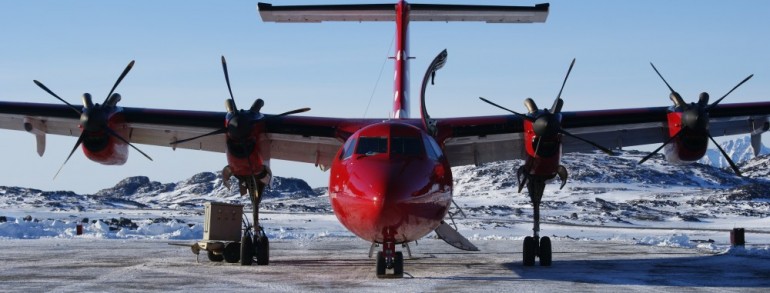With winter weather in full effect and fleets of aircraft coming off a busy travel season, airline administrators and maintenance crews need to be monitoring the condition of their aircraft with extreme care.
Cold weather can affect the technical aspects and components of a plane, but winter air is actually denser than warm air. This helps the performance of the turbine and internal combustion piston engines. Better efficiency equals more power, and more power means better acceleration and a quicker take off. However, like with any vehicle, cold weather adds some complications for the mechanical parts that are critical to safe function of the aircraft.
Ice
Accumulation of ice on fan blades, wings, stabilizers, elevator control, and almost every other part of the plane can have adverse effects on the general condition of the plane. Maintenance crews should perform all normal exterior inspections with an increased emphasis on the surfaces of the plane, pitot probes and ports, air inlets and exits, engine inlets, landing gear compartments, brake assemblies, fuel tank vents, and APU inlets.
Snow
It might not seem as critical to the clearing process, but snow and slush can hold back a layer of ice beneath the surface.
Temperature
Harsh temperatures at unheated parts of the plane can cause cracking and wear on rubberized parts and aviation connectors. Combined with moisture, it can cause seepage and cracking.
If the winter months have adversely affected components on your aircraft or simply need a backup supply of aircraft connectors, contact J&K Connectors to discuss our vast on-hand inventory or for a quote on a custom job. Remember, if we get your order before 2PM, we’ll have the in-stock item out and on its way to you by 5.




